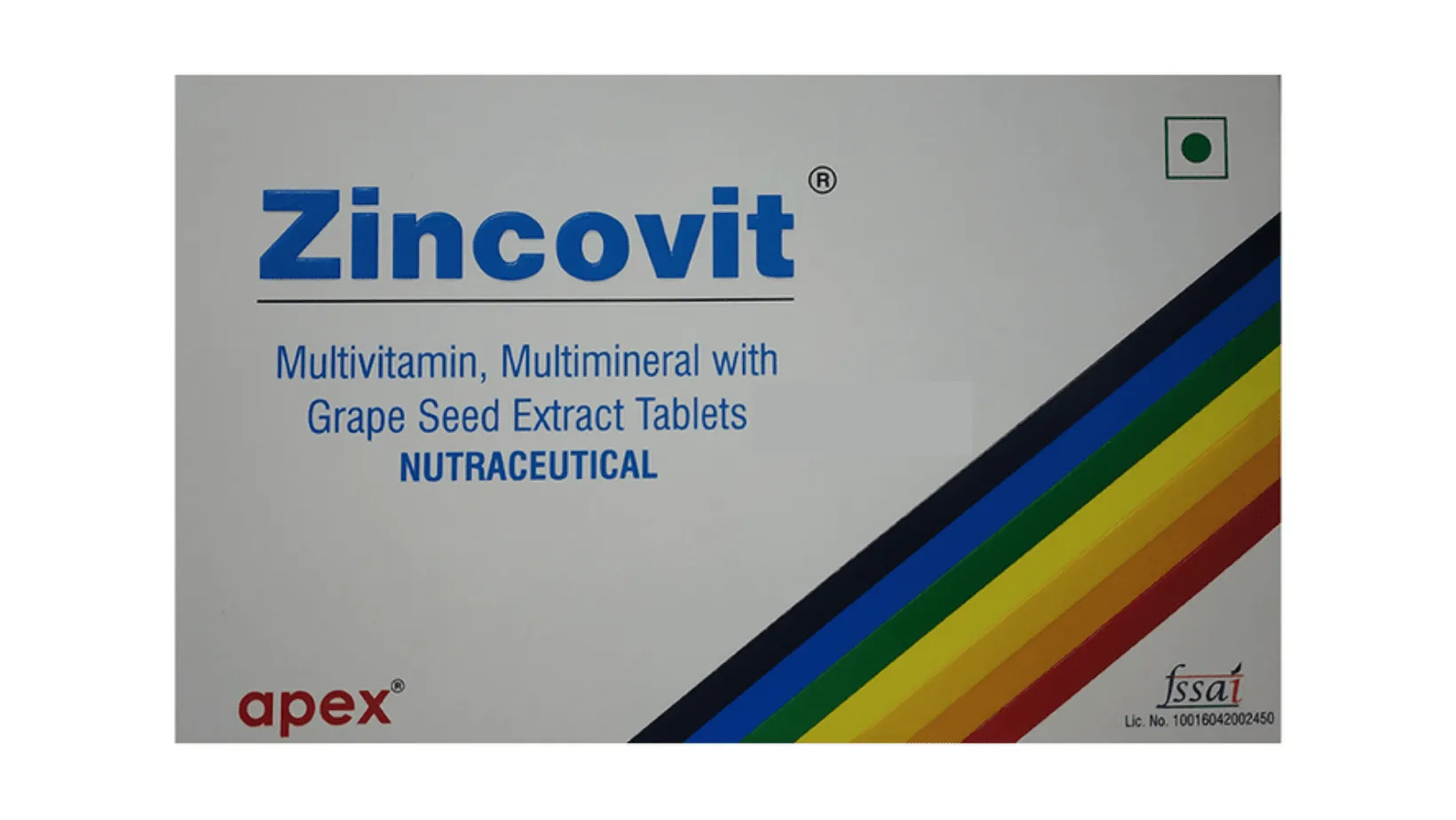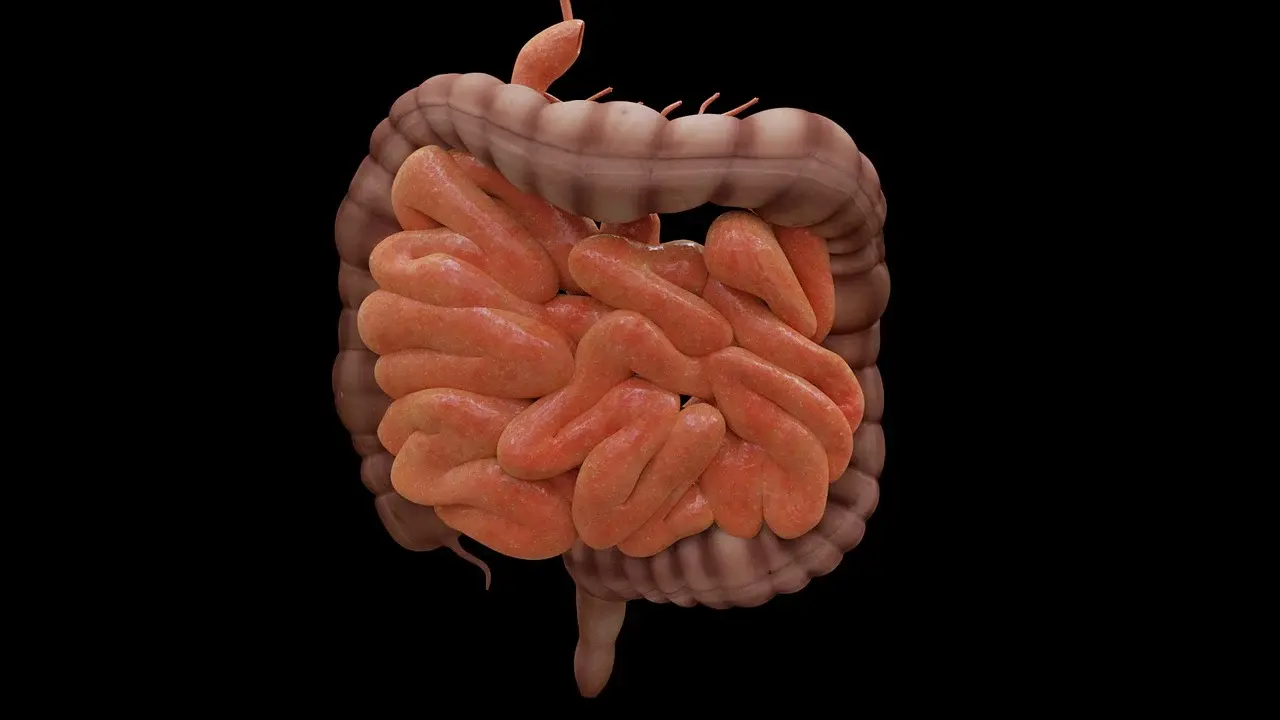Tired of indigestion and constant stomach discomfort? Irritable Bowel Syndrome (IBS) can be the culprit that disrupts everyday life with bloating, irregular bowel movements, or gas. While advanced medical treatments manage symptoms, Ayurveda focuses on addressing the root cause. Explore the blog for the best Ayurvedic medicine for irritable bowel syndrome that can bring lasting relief. Also, learn about Ayurvedic remedies and therapies that can be helpful.
Understanding Irritable Bowel Syndrome in Ayurveda
In Ayurvedic terms, Irritable Bowel Syndrome (IBS) is known as "Grahani," which is associated with imbalances within the whole digestive system. It is considered a dysfunction of "Agni," called the digestive fire. When Agni (responsible for converting food into energy and absorbing nutrients) is disrupted, it results in incomplete digestion, leading to the buildup of "Ama" or toxins in the digestive system, triggering the signs of IBS.
Moreover, according to the philosophy of Ayurveda, IBS results from an imbalance of three Doshas—Vata, Pitta, and Kapha. Irregular eating habits, unhealthy diet, weak digestion, and stress can trigger these doshas and disturb intestinal function.
Ayurvedic Medicines for Irritable Bowel Syndrome (IBS)
Ayurveda treats IBS symptoms by fixing the imbalance of dosha, calming the mind, and improving digestion. The following are some common Ayurvedic medicines:
1. Zandu Pancharishta
-
Properties: Digestive tonic, mild laxative, and carminative (relieving flatulence or gas)
-
Benefits for IBS:
-
Improves digestive fire (Agni)
-
Relieves gas and bloating
-
Enhances bowel regularity and overall digestion
2. Zandu Nityam Vati
-
Properties: Digestive stimulant and mild laxative
-
Benefits for IBS:
-
Relieves constipation
-
Promotes regular bowel movements
-
Supports healthy digestion and easy elimination
3. Organic India Bowelcare Capsules
-
Properties: Goodness of Bael leaf, Psyllium husk, and Chandrashoor
-
Benefits for IBS:
-
Supports regular bowel movements
-
Reduces bloating, irregular bowel activity, and cramps
-
Promotes healthy digestion and soothes the digestive tract
4. VEDI Bilvadi Churna
-
Properties: Anti-diarrheal and astringent
-
Benefits for IBS:
-
Relieves diarrhea
-
Regulates bowel movements
-
Soothes the gastrointestinal tract
5. Zandu Constipation Reliever
-
Properties: Naturally laxative with soothing effects.
-
Benefits for IBS:
-
Gently relieve constipation and soothe the intestines
-
Supports bowel regularity
-
Improves bowel health (functions of the intestines, rectum, & anus)
6. VEDI Vijaya Churna
-
Properties: Carminative and digestive stimulant
-
Benefits for IBS:
-
Improves appetite and digestion.
-
Reduces abdominal discomfort
-
Relieves bloating
These Ayurvedic medicines naturally help manage the symptoms of IBS. However, always consult a doctor before taking any medicine or supplement, especially if you are living with some health issues or are on other medicines.
Herbal Remedies for IBS in Ayurveda
Adding some Ayurvedic herbs to your daily routine can help improve the effectiveness of the IBS treatment by managing the symptoms. Here are the recommended herbal remedies:
1. Bael Fruit (Bilva)
-
Its laxative effects help treat IBS symptoms like constipation.
-
Also, it treats diarrhea, dysentery, and other gastrointestinal issues.
2. Ajwain (Carom Seeds)
-
Relieves gas, abdominal pain, indigestion, and bloating by supporting digestive bacteria.
-
Additionally, these seeds may regulate bowel movements.
3. Saunf (Fennel Seeds)
-
The anti-inflammatory properties of fennel seeds help soothe irritation and swelling in the intestines and enhance digestion.
-
Also, one study reports that these seeds aid in reducing bloating and gas.
4. Amla
-
Being rich in fiber, amla regulates bowel movements and relieves IBS symptoms.
-
Also, it balances three disrupted doshas, soothes the gut lining, and enhances digestion.
5. Ashwagandha
-
Its adaptogenic effects help reduce stress and anxiety, triggering factors for IBS symptoms such as stomach aches and loose stools.
-
Also, it lowers levels of cortisols, which are the contributing factors to IBS.
6. Ginger
-
By relieving inflammation, nausea, and vomiting, ginger manages IBS symptoms.
-
Also, it promotes gut motility (movement of food and liquid through the digestive tract), helping people with diarrhea-predominant IBS.
7. Aloe Vera
-
The anti-inflammatory properties of aloe vera can lower inflammation in the gut.
-
Also, its laxative effects may help with constipation, making it beneficial for people with constipation-predominant IBS.
8. Chamomile
-
Reduces inflammation associated with IBS and manages stress and anxiety, which can worsen IBS symptoms.
-
Also, it can relieve gas and support regular bowel movements.
9. Triphala
-
Its cleansing properties help remove toxins and waste from the digestive tract and regulate bowel movements.
-
In addition, its laxative effects relieve constipation, making it beneficial for people with IBS-C (constipation-predominant IBS).
10. Peppermint
-
Helps relax the gut muscles, which improves motility, improving digestion.
-
A meta-analysis shows that it was superior in addressing IBS symptoms and abdominal pain compared to a placebo.
Panchakarma Therapy: Ayurvedic Treatment for IBS
In severe IBS cases, Panchakarma therapy, the detoxification therapy in Ayurveda, helps manage IBS by removing toxins from the body and balancing doshas.
Key Panchakarma therapy for IBS includes:
Virechana (Purgation)
-
Manages pitta-associated IBS by clearing out toxins from the digestive system.
Basti (Enema)
-
Address vata-associated IBS symptoms such as constipation and bloating.
Shirodhara
-
An oil therapy, where oil is poured on the forehead to relieve stress and anxiety.
Abhyanga (Oil Massage)
-
Improves circulation in the digestive system and calms down the nervous system, which reduces stress and anxiety.
Snehapana
-
Involves drinking medicated ghee that lubricates the digestive system, which relieves constipation. Also, it balances doshas.
Udwarthanam
-
Involves massage using dry herbal powder that helps improve metabolism and reduce the accumulation of kapha.
Takradhara
-
Involves pouring medicated buttermilk on the forehead, which alleviates body heat, relaxes the mind, and relieves pitta-associated gut issues.
Ayurvedic Management of Irritable Bowel Syndrome: Step-by-Step Guide
This is how Ayurvedic treatment naturally manages IBS symptoms:
-
Agnidipana: This process regulates Agni by alleviating ama (undigested toxins) from the digestive tract with the help of herbs and other powerful ayurvedic ingredients.
-
Vatanulomana: This process fixes and balances the Vata dosha.
-
Manonukulata: This process relaxes and addresses the underlying health issues that worsen symptoms of IBS.
-
Shodhan: This is a detoxification process, involving the conversion of any harmful drugs into beneficial, non-toxic elements.
-
Shaman: This is a healing process that basically revives the body by treating imbalances of doshas and neutralizing any impurities that stay after detoxification.
Diet for Irritable Bowel Syndrome
A healthy diet is crucial, as certain foods can trigger IBS symptoms. Ayurveda recommends the following diet customized according to the dominant dosha:
-
Vata: Warm, grounding, and moist foods that regulate irregular bowel movements.
-
Pitta: Refreshing and cooling foods that relieve irritation and inflammation.
-
Kapha: Light, warming, and dry foods that trigger slow digestion.
The general dietary guidelines include:
1. Low FODMAP Diet
This diet limits intake of carbohydrates (e.g., Fermentable Oligosaccharides, Disaccharides, Monosaccharides, & Polyols) to alleviate discomfort and soothe your digestive system. The diet involves:
-
Low FODMAP foods to eat: Lean protein, gluten-free grains, and fruits and veggies (e.g., bananas, carrots, oranges, potatoes, and strawberries).
-
High-FODMAP foods to avoid: Dairy products, garlic, wheat, apples, and onions.
2. Fiber-rich Foods
By making stools soft and easing their passage, fiber-rich foods can alleviate constipation. Also, they can relieve bloating and gas.
-
Fiber-rich foods to eat: Whole grains, legumes, seeds, nuts, fruits (e.g., apples, oranges, berries, and bananas), and veggies (e.g., carrots, sweet potatoes, broccoli, kale, and green beans).
-
Fiber-rich foods to avoid: Avoid whole-wheat products, and certain fruits & vegetables (e.g., cabbage, cauliflower, beans, mushrooms, blackberries, pears, apricots, and mangoes).
3. Probiotics
-
Probiotics like yogurt, kimchi, kefir, and certain cheeses help manage IBS by increasing gut bacteria, improving the function of the gut barrier, and alleviating symptoms like abdominal pain, gas, and bloating.
-
Also, they normalize bowel movements and enhance stool consistency.
4. Avoid Trigger Foods
-
Avoid consuming triggering foods like sweetened drinks, dairy products, citrus fruits, and fatty foods
-
These increase gas production and inflammation, and even affect gut motility.
5. Hydration
-
Drink plenty of water throughout the day to maintain digestive health.
-
Also, it helps alleviate constipation, one of the IBS symptoms.
Lifestyle Modifications
As IBS has no permanent cure, following some lifestyle changes can help manage associated symptoms and their worsening:
-
Eat food at regular intervals and chew slowly.
-
Avoid overeating and multitasking while eating.
-
Practice pranayama such as kapalbhati and anulom vilom to manage stress.
-
Get quality sleep for about 7-9 hours every night.
-
Stay hydrated by drinking a lot of water, herbal tea, or coconut water.
-
Always consume freshly-prepared foods and avoid cold, fast, and raw foods.
-
Engage in light exercises to strengthen gut function
Final Thoughts
Ayurvedic medicines for irritable bowel syndrome offer an effective approach to manage symptoms by restoring balance in the mind and the entire body. It basically addresses the root cause, which makes it the best treatment option for getting long-lasting relief. However, before starting any treatment, seek guidance from a certified Ayurvedic practitioner for personalized care.
Frequently Asked Questions
Are Ayurvedic medicines safe for IBS?
Yes, they are generally safe, as they are formulated using natural ingredients when taken under medical guidance.
Can Ayurveda cure IBS completely?
No, Ayurveda usually aims to address and relieve IBS symptoms rather than cure it permanently. With consistent treatment, you can get long-term relief.
How long do Ayurvedic remedies take to show results?
The improvements are visible in a few weeks to months. However, the duration can vary depending on the severity of IBS symptoms and the individual's overall health.
Is it safe to use Ayurvedic herbs daily for IBS?
Yes, it is generally safe. However, it is crucial to seek supervision from an Ayurvedic practitioner for proper dosage and frequency of use that fits your digestive needs.
Is tea ok for IBS?
Yes, herbal teas like ginger and peppermint tea are beneficial for IBS, as they help soothe the digestive system. Avoid caffeinated teas because they can worsen IBS symptoms.
Reviewed by






